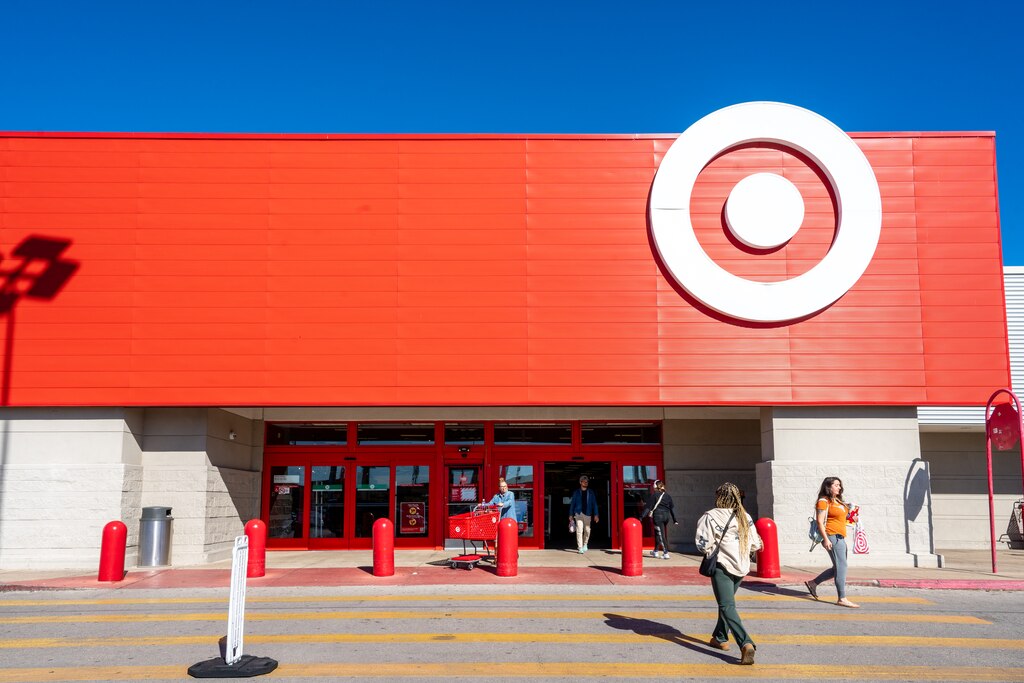Opening a new storefront is a daunting task for any business owner. But two years ago, Kora Polydore said she thought she hit the jackpot.
Fresh from winning a small-business pitch competition, Polydore planned to move into a completed space with a year rent-free for her restaurant, Kora Lee’s Comfort Food Café & Bakery, in the burgeoning Waverly neighborhood. The competition organizer, however, later reneged on the deal, leaving her to tap into her savings to help finance a new eatery.
Now Polydore says she’s most concerned about increasing likelihood of cuts, if not the elimination, of federally subsidized programs and grants that have long helped to boost Black businesses. She had hoped some of those programs might be available to her in the near future.
“I don’t think people are getting the severity of putting this man back in office,” she said, referring to President Donald Trump and his new executive orders, including some directly attacking diversity, equity and inclusion (DEI) programs.
The Baltimore Banner thanks its sponsors. Become one.
In one of his executive orders, Trump criticized the injection of DEI programs “into our institutions [which] has corrupted them by replacing hard work, merit, and equality with a divisive and dangerous preferential hierarchy.” His order would revoke previous orders under the Biden administration that advanced education equity, excellence and economic opportunities for Native Americans and Black Americans.
Under Trump’s goal to curb or eliminate these government-backed programs, Polydore and other local business owners said it could put their financial futures in serious jeopardy.

Recent academic studies have found Black businesses were already experiencing losses in support after a bump up in sales after the police-involved murder of a Black man, George Floyd, in 2020 and the national reckoning that followed. But the tide quickly turned, with the Supreme Court’s decision to end affirmative action last year and a rise of lawsuits challenging DEI policies and rollbacks on corporate race-conscious commitments.
The aftershocks could be significant in Maryland, which in a recent study ranks as No. 2 in the nation for successful minority entrepreneurs.
There are 102,000 Black-owned businesses in Maryland. That’s nearly one in five of all businesses in the state, a figure that tops the nation, according to state and national figures. (The state has 58,000 Hispanic-owned businesses and 14,000 Asian-owned businesses.)
The Baltimore Banner thanks its sponsors. Become one.
“It is real. We have never seen anything like this before,” Sharon R. Pinder, president and CEO of the Capital Region Minority Supplier Development Council, a leading certification organization for minority businesses, said of the Trump Administration moves. Pinder said the “dysfunction” began with the Supreme Court’s affirmative action decision.
“That brief contained the prophecy that is being revealed now,” she said.
For supporters, DEI, which has origins in the Civil Rights Act of 1964, is credited for helping to establish equitable representation in hiring and promoting fairness in the workplace for people of color and women, and in recent years has expanded to gender identity and sexual orientation.
Pinder added that she worries about the trickle-down effect on private businesses.
Target, for example, announced the end of its DEI initiatives in January after three years. The national retailer had earlier showcased a collection designed by Black brands, part of its pledge to invest $2 billion in Black-owned businesses through the end of 2025.
The Baltimore Banner thanks its sponsors. Become one.
It is just one of 1,300 Fortune 1000 companies that had earmarked a collective total of $340 billion between 2020 and 2022 for racial justice and equity, according to research by the McKinsey Institute for Black Economic Mobility. Now, following the 2024 election, top companies like Walmart, Meta and McDonald’s have all ceased their DEI programs.
Some activists have pushed for a boycott of Target after the company changed course, but those in favor of the elimination of “discriminatory programs” see it as a win.

“Dr. Martin Luther King Jr. indicated that we all should be judged by the content of our character and not the color of our skin. Any practices that try to divide Americans based upon their race, color, creed, or any other factor do not lead to a more productive, just, or civil society,” Del. Ryan M. Nawrocki and Del. Kathy Szeliga, both Republicans from Baltimore County, wrote in a joint statement.
These moves against race-conscious programs sound familiar to Jayme Wooten, founder and CEO of the Baltimore non-profit CLLCTIVLY, who started the organization in 2015 after the murder of Freddie Gray.
Wooten said he saw an influx of money for Black-owned businesses starting in 2020 after Floyd’s death, but said it didn’t take long for companies and philanthropies to change tack.
The Baltimore Banner thanks its sponsors. Become one.
Pinder, with the minority business group, said there are economic costs for such a pullback, including what some experts believe is the potential billions of dollars in losses from downsized or shuttered Black-owned businesses.
“What we saw post-George Floyd was increased support,” said Shelonda Stokes, president of the Downtown Partnership. But as some organizations curb or end investments in DEI initiatives, “the trickle-down will have an impact” more broadly, she added.
Stokes said she is most immediately concerned with the future of the city’s Downtown Partnership’s Downtown BOOST Program, which aids Black-owned businesses in filling empty downtown storefronts. So far, 17 local businesses have participated since 2021. About 50% of the program today is funded by federal dollars, with the rest from public and private partners.
The city of Baltimore on Monday joined a host of other groups in challenging Trump’s executive order on DEI in federal court. The suit accuses Trump of violating the spending clause of the Constitution and the separation of powers and claims the executive order violates the First Amendment by limiting free speech.
While Black business owners and founders could turn to banks for loans or even venture capital, experts say those opportunities have also been reduced.
The Baltimore Banner thanks its sponsors. Become one.
In 2021, Black-founded startups secured $4.5 billion of a total $643 billion in venture funding, still representing only 1% of all capital, according to Crunchbase. But that funding dropped significantly in 2024, according to partial year figures.
Toni James, owner of Katwalk Boutique in Fells Point, said she and the leaders of fellow Black-led businesses know the next four years will bring greater uncertainty, even though her business does not receive federal funding. James added that she is also worried about the lack of support within the Black community to protect DEI initiatives under fire.
“This is a time when we really need to put our foot down and shop Black and unite,” she said. “We’re never going to make it if we don’t go forward and have that mentality.”
Amanda Mack, who became the first temporary tenant to sign on to Baltimore’s Harborplace, said being her own boss somewhat protects her against Trump’s rollback policies. But she said race-conscious programs remain essential.
“DEI exists because we were never granted an equal playing field,” she said. “We have to work twice as hard just to be given the same opportunity as our counterparts.”
Baltimore Banner reporter Madeleine O’Neill contributed to this report.

Comments
Welcome to The Banner's subscriber-only commenting community. Please review our community guidelines.